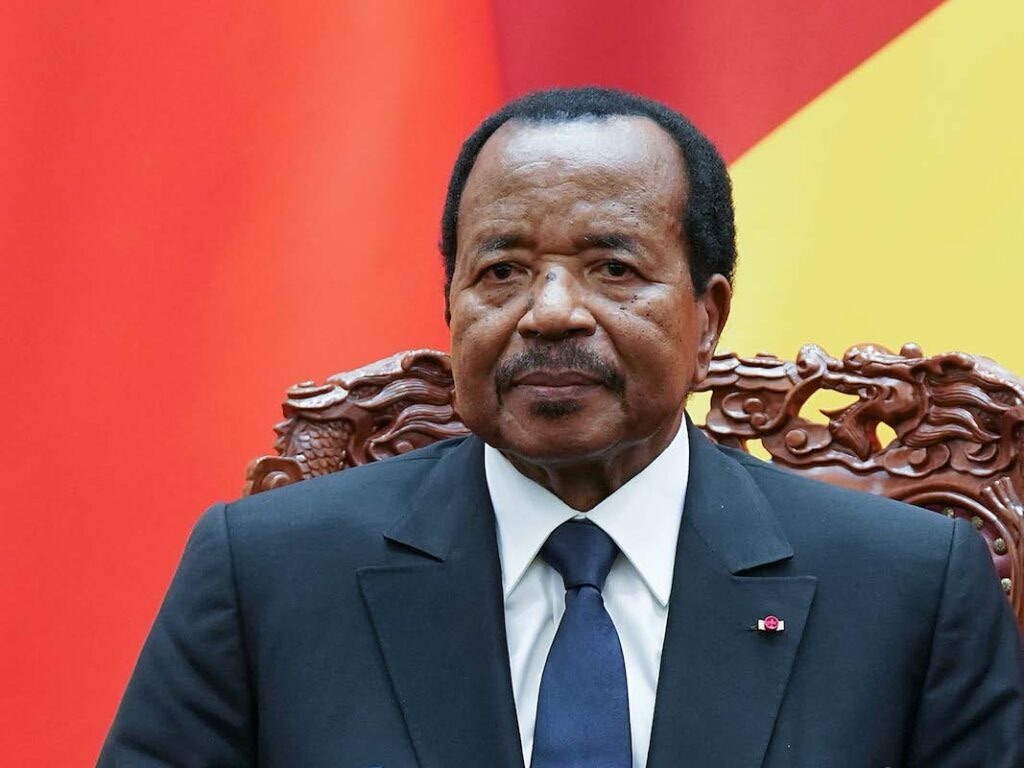The Cameroonian government has enforced a ban on media discussions about the health of President Paul Biya, Africa’s second-longest-serving leader, following widespread rumors that the 91-year-old is critically ill. According to a document obtained by AFP, the directive was issued amid growing concerns over Biya’s prolonged absence from public events since early September.
The order, dated October 9 and signed by Territorial Administration Minister Paul Atanga Nji, emphasizes that the president’s health is a matter of national security. The document states, “The head of state is the principal institution of the republic, and discussions on his condition are a matter of national security.”
It warns that media outlets speculating on Biya’s health could face legal action and instructs regional governors to set up monitoring units to track both traditional and social media content. The directive, labeled “highly urgent,” underscores the seriousness of the government’s efforts to control the narrative.
Biya, the world’s oldest serving head of state, has ruled Cameroon for over 41 years. His absence from recent high-profile events, including the United Nations General Assembly and a summit of French-speaking nations in Paris, has sparked concerns about his well-being. His last public appearance was at the Forum on China-Africa Cooperation in Beijing in September.
In response to the rumors, the president’s office released a statement on Tuesday, asserting that Biya is in “excellent health” and dismissing the speculation as “disinformation.” The statement also noted that Biya is currently working from Geneva and is expected to return to Cameroon “in the coming days.”
Despite these reassurances, public anxiety remains, fueled by Biya’s increasingly limited public appearances, which are now mostly restricted to pre-recorded speeches and occasional family photos or videos with his wife, Chantal Biya.
The government’s ban on discussing Biya’s health highlights the fragile political situation in Cameroon, where Biya has held power since 1982. His tenure is second only to that of Equatorial Guinea’s Teodoro Obiang Nguema Mbasogo, who has ruled for 45 years.
